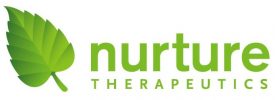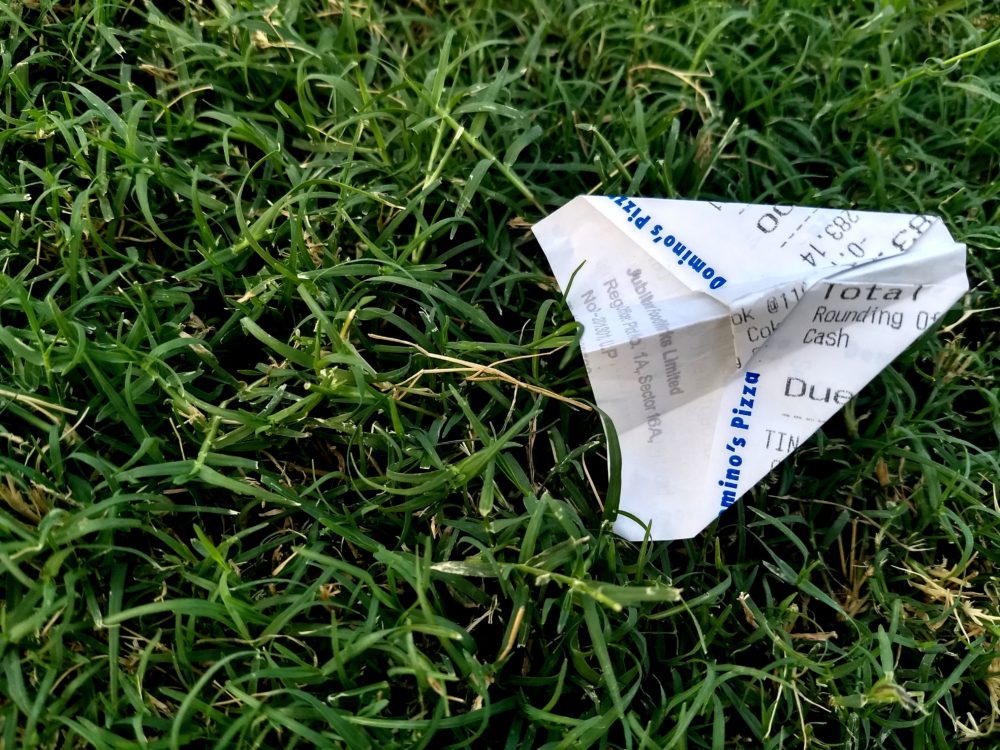Receipts also pose considerable health risks to the people who regularly are in contact with them. An estimated 93 percent of paper receipts are coated with Bisphenol-A (BPA) or Bisphenol-S (BPS), known hormone-disruptors, which serve as color-developers to make the text appear on receipts. When we touch receipts, the chemical coating is absorbed into our bodies through our hands in mere seconds. Researchers at the New York State Department of Health documented connections between BPA exposures and developmental and neurological problems. BPA impacts fetal development and is linked to reproductive impairment, type 2 diabetes, thyroid conditions, and other health concerns. Companies have sought out “non-BPA” paper, but the typical replacement is BPS, a similar chemical which research indicates has similarly detrimental effects as BPA.
Retail employees are at the greatest risk, as studies show workers who have regular contact with receipts have over 30 percent more BPA or BPS found in their bodies, and many employees may exceed the European Union’s limit for safe amount of BPA to absorb in a day (which is 4 micrograms per kilogram of body weight). As of 2014, nearly 81 percent of Americans were shown to have detectable levels of BPS in their urine, and nearly 90% of human exposure to BPS comes from thermal paper receipts coated with the substance.
The Solution
Innovative companies are using available options that can lessen environmental impacts and reduce health risks for employees and customers. There are many existing solutions which eliminate the need for phenol-coated paper including:
- Digital receipts
- Card readers for smartphones and tablets offer paperless transactions.
- Phenol-free receipt paper
If a regular receipt is unavoidable (like at Costco!) fold the receipt so the printed area is hidden inside and hold by the backside only. Discard as soon as possible and do not let children handle.




